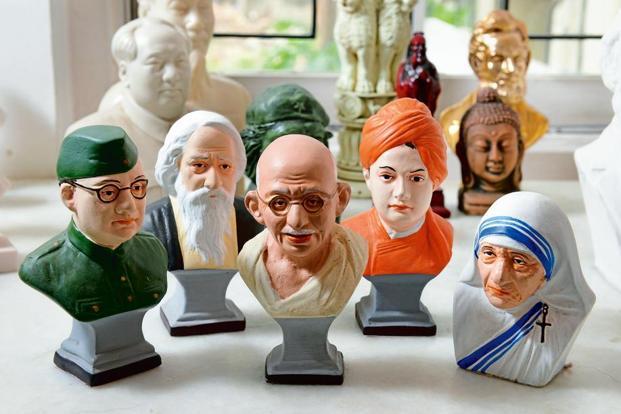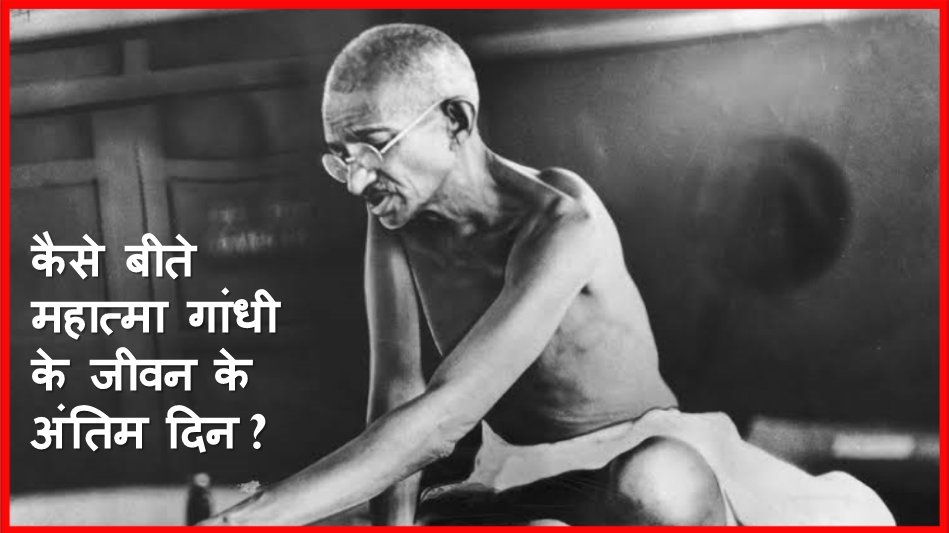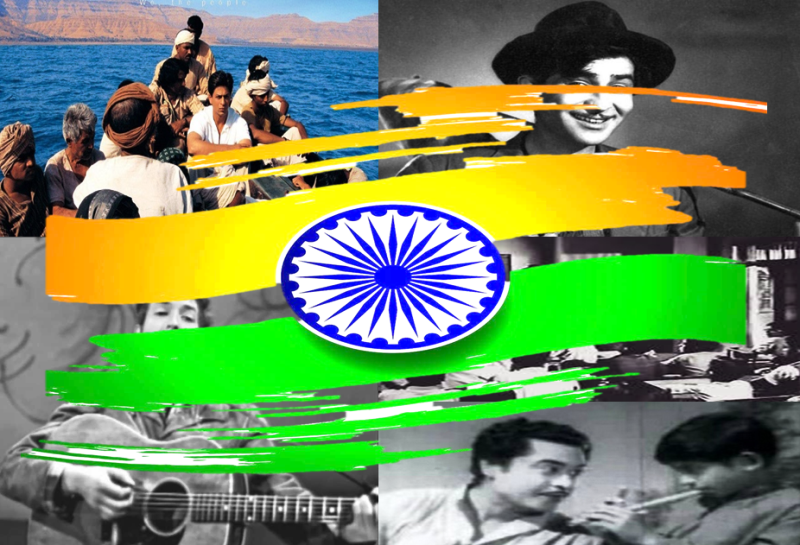Gandhi, Ambedkar and Tagore have introduced us to ideas of the nation that were radical and emancipatory. As we commemorate the 69th Republic Day, we invoke them yet again to problematize and redefine the nation in contemporary times.
Nutan Upadhyay is an educationist, working with tribal community of Jharkhand.
Many of us have grown up spending our Republic Day mornings watching the grand parade in New Delhi where from military marches to grandeur of display of arsenal, tanks, and other wartime technology capture the imagination of the nation. Our young and impressionable minds are often convinced that the greatness of the nation can and ought to be expressed only through its militaristic proficiency, its show of masculinise might.
The demonstrations of the might of the nation and particularly that of its weapons and defence artillery have become the core thrust of the Republic Day parade. However, we feel that there is indeed a need to go beyond and above this sort of masculinist pride and revisit the great ideals and aspirations that India as a newly independent nation had sought to walk on initially through its Constitution and social welfare goals. Whether we talk about Mahatma Gandhi, Rabindranath Tagore or Dr. B.R. Ambedkar we can see the visions of developing India into a truly egalitarian and emancipatory nation alive. In Gandhi, we see the glimpses of an unfolding narrative that sought to unite the hand and the heart, the pure and the polluted, the political and the religious. He envisioned a nation where all binaries and dichotomies were transcended, where people constituted harmonious and egalitarian communities that were self-reliant and inclusive.

For B. R. Ambedkar the rooted inequalities and caste oppression were the key enemies that corroded the national fabric and unless this was radically transformed, not much could be achieved towards making the nation as egalitarian community. He opposed radically the values of Brahmanism and sought to walk on the path of egalitarian Buddhism. For Tagore on the other hand, the idea of nationalism fell beyond the purview of any fixed/narrow/narcissistic imagination. He sought to build the nation giving central importance to the values of universalism and humanity and urged that these values should enable us to give up our limitedness and unite with the whole of the world in a sacred commune.

For Rabindranath Tagore the idea of India as a nation transcended the idea of a bordered nation. He tried to problematize the all-pervading, masculinist nation and pleaded for a culture of universalism. We have arrived at our 69th Republic Day and the nation indeed has come a long way after the three thinkers mentioned above have passed away and innumerable new changes have taken place in the trajectory of the nation. However, the question remains whether after all these years, have we ceased to feel the importance of their visions or their path-breaking arguments about the nation?

We believe that their words are more important today than they ever have been before. We are today experiencing the destructive forces of violence, discrimination, exclusion, and aggression. Moreover, in an ambience of heightened political rhetoric and the militaristic hegemony of the nationalist consciousness – the ideas of these iconic thinkers that the nation has produced, should continue to resonate in our minds and guide us through the un-trodden paths of the future.













